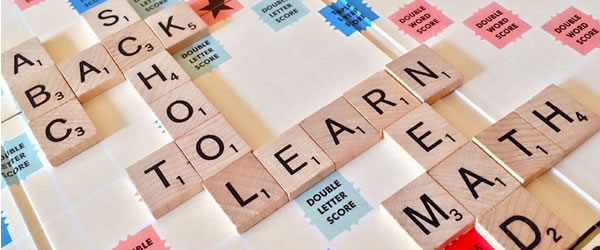by Mollie Porein

Photo by Pixabay from Pexels
Contrary to what many people believe, learning a foreign language can be effortless. Determination and practice will help you to master foreign words and how to utilize them in a sentence to make sense and communicate effectively.
Some languages seem harder to learn than others but with the right plan, and consistently working towards your goal, you will master that language in a short period. Below are practical approaches that will help you to learn effortlessly:
Deciding to learn a new language is the first step of your endeavor despite this, you need to make achievable goals; for instance, you ought to know what you aim to achieve and by what period you will take. Break down your end goals into small attainable objectives to accomplish over time.

Photo by Christina Morillo from Pexels
Learning a foreign language means learning new vocabulary which can be overwhelming. However, you don't have to learn all the words; you only need to master the commonly used words since they make up most of the conversations. Classify words, for instance, colors, greetings, and foods.
These are foreign language words that sound and mean the same in your native language; for instance, agent in English is the same as agente in Spanish. By identifying cognates in your native language and the one you want to learn helps you because their only difference is pronunciation.
To master any art, you need regular practice. Create a schedule where you practice new words daily to make this activity a part of your routine. If you have a busy schedule, you can practice a few words during your break. You can also seek an essay writer to help with the vocabulary.
They might be old-school but flashcards can be a big help in recalling and boosting memory. They come in different colors which makes grouping words and remembering them easy.
There are digital flashcard apps that allow one to create their flashcards or use the existing ones.

Photo by Pixabay from Pexels
Memorizing vocabularies is exhausting and dull. To make this activity enjoyable, learn words from your experiences, for instance, make a list of vocabularies from your home or work. This way, the content will revolve around your daily activities. Learning in context will help you to recall the words every time when you are in a relevant environment like your home.
You cannot master a language overnight, and you will make mistakes along the way. Mistakes help you to learn better because they help you to realize where you went wrong and to improve on your weaknesses. This will also boost your memory since you are likely to remember how you used to pronounce a word and the correct way of pronunciation.
Learning a new language doesn't have to be challenging with reasonable strategies and achievable goals; this is possible. Practice regularly and remember mistakes help you to grow.
Writing systems | Language and languages | Language learning | Pronunciation | Learning vocabulary | Language acquisition | Motivation and reasons to learn languages | Arabic | Basque | Celtic languages | Chinese | English | Esperanto | French | German | Greek | Hebrew | Indonesian | Italian | Japanese | Korean | Latin | Portuguese | Russian | Sign Languages | Spanish | Swedish | Other languages | Minority and endangered languages | Constructed languages (conlangs) | Reviews of language courses and books | Language learning apps | Teaching languages | Languages and careers | Being and becoming bilingual | Language and culture | Language development and disorders | Translation and interpreting | Multilingual websites, databases and coding | History | Travel | Food | Other topics | Spoof articles | How to submit an article
[top]
You can support this site by Buying Me A Coffee, and if you like what you see on this page, you can use the buttons below to share it with people you know.

If you like this site and find it useful, you can support it by making a donation via PayPal or Patreon, or by contributing in other ways. Omniglot is how I make my living.
Note: all links on this site to Amazon.com, Amazon.co.uk
and Amazon.fr
are affiliate links. This means I earn a commission if you click on any of them and buy something. So by clicking on these links you can help to support this site.
[top]